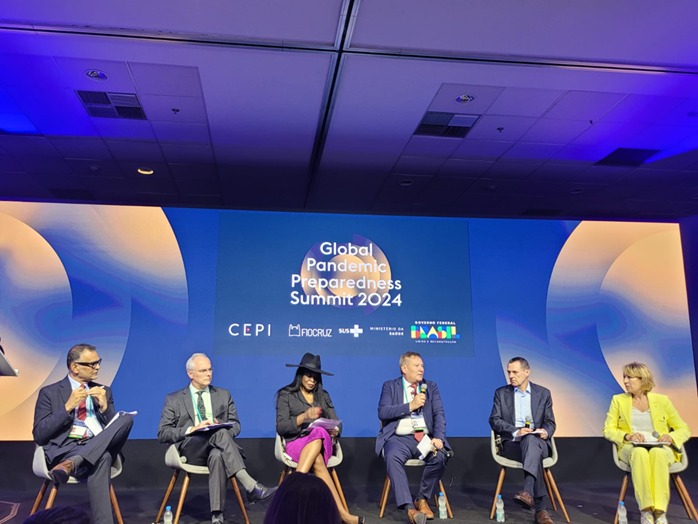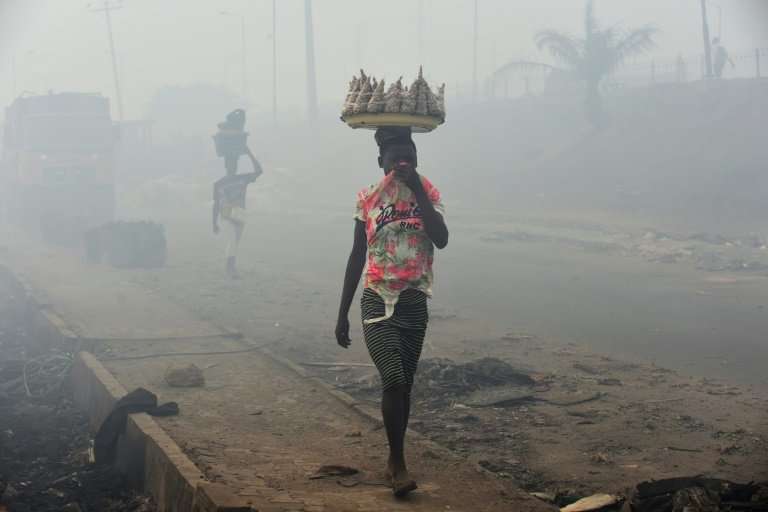
The Coalition for Epidemic Preparedness Innovations (CEPI) and the World Health Organisation (WHO) have called on researchers and governments to strengthen and accelerate global research to prepare for the next pandemic.
The global health bodies made the call in a statement on its website after a Global Pandemic Preparedness Summit 2024 in Rio de Janeiro, Brazil.
They stressed the urgent need to bolster research efforts, urging scientists and policymakers to adopt a broader approach to pathogen study rather than focusing solely on high-profile threats, they advocate for investigating entire families of pathogens that could potentially infect humans.
READ ALSO: Shareholders worry over N1.1 trillion loss in equities
A report by released at the summit called for increased surveillance, faster research, and the development of adaptable tools and countermeasures to combat future outbreaks.
“The report’s authors likened its updated recommendation to imagining scientists as individuals searching for lost keys on a street (the next pandemic pathogen). The area illuminated by the streetlight represents well-studied pathogens with known pandemic potential.
“By researching prototype pathogens, we can expand the lighted area, gaining knowledge and understanding of pathogen families that might currently be in the dark. The dark spaces in this metaphor include many regions of the world, particularly resource-scarce settings with high biodiversity, which are still under monitored and understudied. These places might harbour novel pathogens, but lack the infrastructure and resources to conduct comprehensive research” the statement said
CEO of CEPI, Dr Richard Hatchett said: “WHO’s scientific framework for epidemic and pandemic research preparedness is a vital shift in how the world approaches countermeasure development, and one that is strongly supported by CEPI. As presented at the Global Pandemic Preparedness Summit 2024 in Rio de Janeiro, Brazil, this framework will help steer and coordinate research into entire pathogen families, a strategy that aims to bolster the world’s ability to swiftly respond to unforeseen variants, emerging pathogens, zoonotic spillover, and unknown threats referred to as pathogen X.”
Over 200 scientists from around the world contributed to the report, analysing 28 virus families and one bacterial group. The assessment considered factors such as transmission, severity, and the availability of diagnostic tools, vaccines, and treatments.
CEPI and WHO also called for globally coordinated, collaborative research to prepare for potential pandemics.
WHO Director-General, Dr Tedros Ghebreyesus said: “History teaches us that the next pandemic is a matter of when, not if. It also teaches us the importance of science and political resolve in blunting its impact.”
“We need that same combination of science and political resolve to come together as we prepare for the next pandemic. Advancing our knowledge of the many pathogens that surround us is a global project requiring the participation of scientists from every country.”






